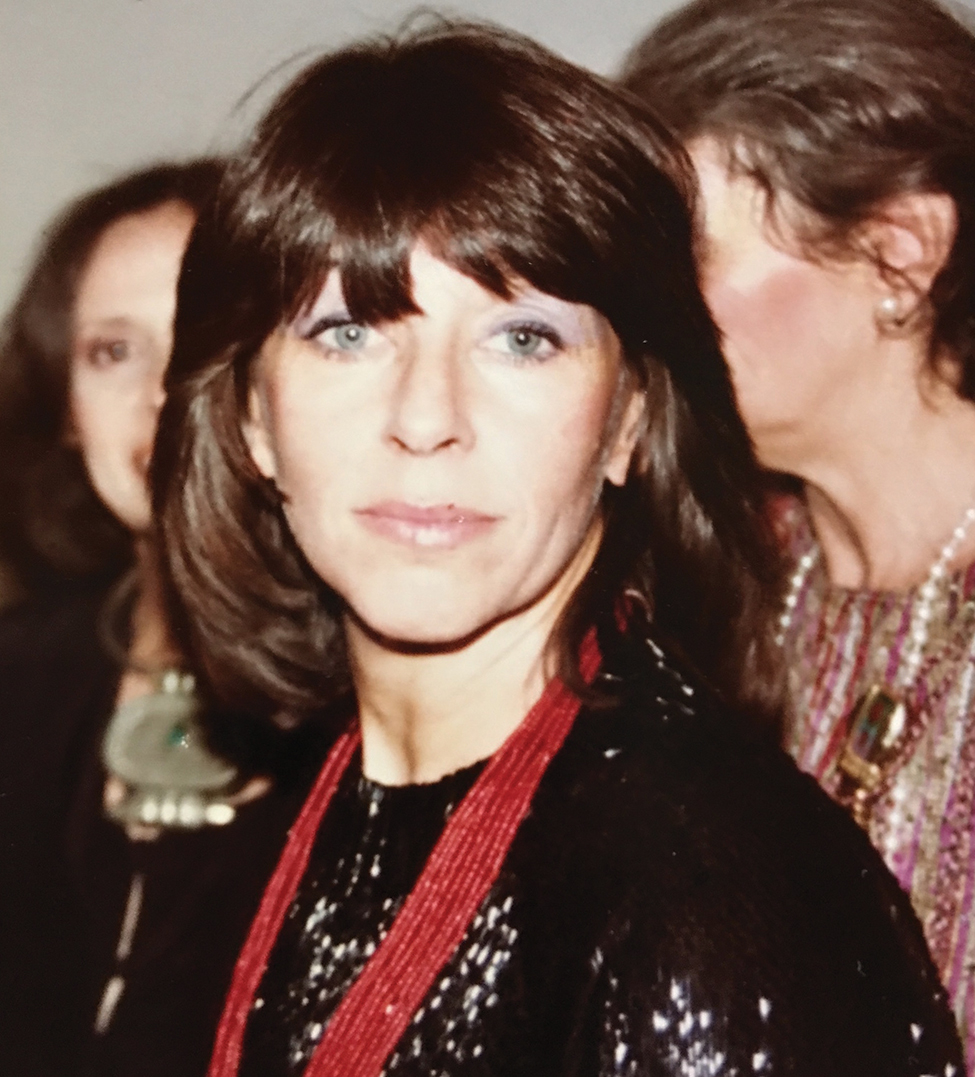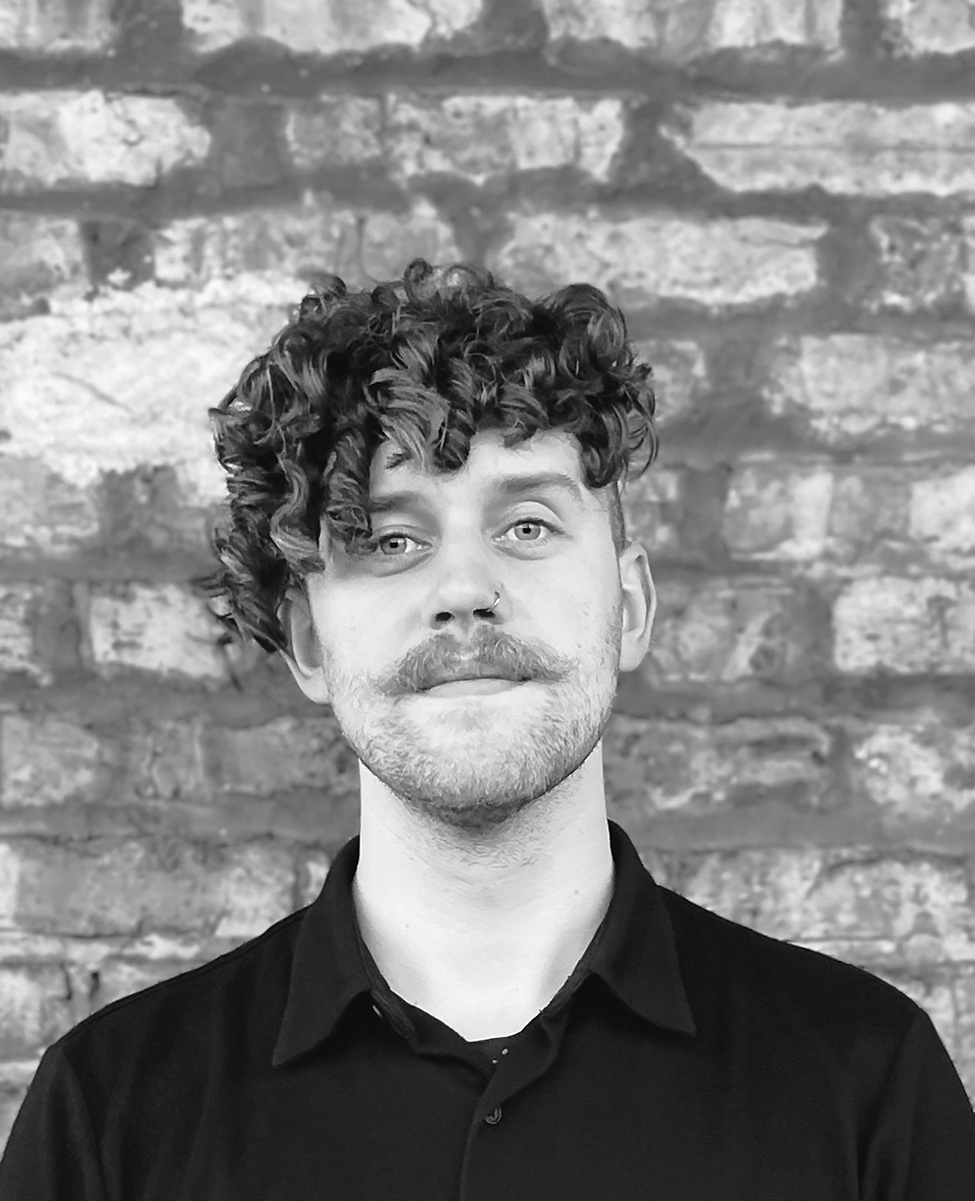An Interview with Debra Kerr, Executive Director of Intuit: The Center for Intuitive and Outsider Art

Each week CGN interviews a local art dealer to discuss the ins and outs of running a gallery in the city of Chicago. This week we caught up with Debra Kerr of Intuit: The Center for Intuitive and Outsider Art.
Age: 59
Current Position: Executive Director
Hometown: Chicago for 32 years. Original hometown: Bartlesville, Oklahoma
Previous Occupations: Director of YouthMuse and Executive Vice President at Shedd Aquarium
Favorites from this week:
Restaurant: Mart Anthony’s on Hubbard is quintessential old-school Italian, and the food is amazing.
Shop: Can I say my favorite shopping is the store at Intuit? We have so many cool things right now, from painted Chinese parasols to funky jewelry to hand-made dolls to decorated boxes.
Read: The Devil and Webster by Jean Hanff Korelitz is a recent read. It’s so timely as our society struggles with both student entitlement and instructor entitlement in the university environment.
Travel: Southwest Airlines is a favorite. It’s so easy to make changes in my plans, since the tickets can be refunded to my account! I just hop on the orange line near my home in the south loop and I’m at Midway in 20 minutes.
Music: I’m digging the opportunities to hear Indonesian gamelan from the new Chicago Balinese Gamelan (performing Dec. 20 at Merit School of Music) and the Javanese ensemble that plays select Thursdays at Rickshaw Republic restaurant
Chicago Gallery News: Tell us about your background and how you originally connected with Intuit?
Debra Kerr: My museum career started about 25 years ago at Shedd Aquarium, where I worked for 17 years. I’m a total museum geek! My personal passion is about the role museums can and should be playing in social good and social justice. In 2010 I formed a project called YouthMuse, which engaged young people in creating online social change campaigns that aligned with the missions of the museums where the teens were participating. One of the museums that asked me to get involved was Intuit, and I fell in love. Outsider art is made oftentimes by artists who are disenfranchised in some way, and the stories of the artists allow us to have meaningful conversations about physical and mental disabilities, the impact of violence and abuse and incarceration, poverty, gender and cultural identity, homelessness, and loss—all topics of relevance in our society today. In 2014, the executive director position came open, and I jumped at the chance to help grow this small nonprofit into a museum with an important voice in the Chicago cultural scene.
CGN: Share a typical day in the life.
DK: Ha! Every day is different, which is part of the fun. I might be plunging a clogged toilet in the morning and standing on a stage at the House of Blues in the evening. Most of my days are spent talking to donors and board members or strategizing with our small, yet amazing, staff on anything from memberships to education programs. Every day at Intuit involves meeting a museum guest and showing them something cool, like the recreation of Henry Darger’s Room.
CGN: Share some successes as well as challenges from this year.
DK: An amazing opportunity—one that we never expected—came to us earlier this year. Howard Tullman of 1871 is selling his loft space on the second floor of our building, and we are in the process of buying this space. It’s very exciting, because it will double our size. That brings about the challenges of staffing additional space and refinancing our mortgage, but it also brings the opportunity to display our collection and give our guests a more in-depth experience of this amazing art genre. Currently, two or three special exhibitions are available at any given time, but now we’ll be able to share some amazing pieces from our own collection in a permanent exhibition—and just in time for 2018’s citywide initiative, Art Design Chicago, which will celebrate Chicago’s national and international art influence.
CGN: You were Executive Vice President at the John G. Shedd Aquarium for 11 years before joining Intuit. Are there any key lessons or values that you have learned from holding leadership roles in such public organizations?
DK: My leadership philosophy is to be both humble and self-confident. With self-confidence one doesn’t need to boast about one’s accomplishments, especially when what we do in the museum world is accomplished by a team. This perspective serves me well, coming from such a large institution to a small one. At Intuit, I wear many hats, such as CFO, HR director, development director, IT troubleshooter and store cashier, depending on the day. If I didn’t already believe in a little humility, running a small museum certainly would instill that quality!
My Shedd background plus my many years teaching museum management in the museum studies program at Northwestern’s School of Professional Studies has exposed me to many facets of museum operation. Thank goodness, because running a small nonprofit, with its inherent challenges of too few resources, means this is the hardest job I’ve ever had. It’s also the most fun, since Intuit has a great team of folks who every day turn on the creativity to get the most done with the fewest resources. My favorite new phrase—credit goes to Lisa Corrin of the Block Museum: "Intuit punches far above its weight class."
CGN: How do you see Chicago’s art scene in comparison to other cities? What do you think makes it particularly unique?
DK: Most Chicagoans don’t realize that Chicago is renowned as a center for outsider art. For its contribution to Art Design Chicago in 2018, Intuit will tell the stories of the outsider artists who lived and worked in Chicago, and the collectors and enthusiasts who sought them out, in a major new exhibit, Chicago Calling: Art Against the Flow. Early on, other cities didn’t consider this genre along with the mainstream, Euro-centric art world. That’s rapidly changing now, but Chicago can take pride in being a city that embraced edgy and unusual before it was fashionable. This aspect of Chicago’s reputation is more well known elsewhere than here. Four European venues are excited to host our exhibit, where it will travel in 2019 and 2020.
CGN: How have you seen technology directly affect/alter the art world?
DK: One of the coolest uses of technology is to discover what earlier works are under the paint or using science to analyze the work, such as the recent announcement by the Louvre of a Jaconde Nue, or nude Mona Lisa. My favorite use of technology, though, is to provide museum access to audiences around the world. By putting our exhibits and collections online, Intuit, despite its size, is a leading museum of self-taught art that is now accessible to international audiences.
CGN: What do you want to tell a young person considering this business?
DK: Since I teach museum management, I’m always coaching young people who are thinking of working in museums or galleries. You don’t go into this field to make money. You do it because you can’t imagine doing anything else. This is not work you do to live; this is a life of living to work. It’s a passion, a great love. More realistically, I suggest volunteering first to get your foot in the door and discover if that experience ignites the passion. Most of Intuit’s employees, including me, volunteered here first before being hired.
CGN: One piece of advice you would send back to yourself when you started out?
DK: Ignore my father’s well-meant advice to seek a career that would guarantee a salary. It took me 10 years to figure out I wanted to work in a museum. Follow your passion.
CGN: Favorite cultural pursuit outside of the art world?
DK: Travel. But even that doesn’t happen outside of art, because I visit museums around the world when I travel, and I pursue my own creativity in the form of travel photography.
CGN: Favorite work of public art in Chicago?
DK: My favorite piece is completely mainstream: the statue of "Ceres" on top the Board of Trade Building, by John Storrs. I love that a female goddess sits atop a monument to a traditionally male-dominated field. Sometimes a maquette of the statue appears on exhibit at the Art Institute of Chicago, where I can get a close-up view of her.
CGN: What's coming up next at the Center for Intuitive and Outsider Art?
DK: Intuit is partnering with jorsTAP Chicago to present a family-friendly, transgender, tap-dancing version of Hansel and Gretel, Dec. 7-10. It’s totally fun, and a great holiday-time outing. When I saw it, I had a giant smile pasted on my face throughout the performance. Children and teens are free on the Saturday and Sunday matinee performances on the 9th and 10th. Tap-dancing witches and cats with beautiful David Csicsko-designed props: You won’t believe it until you see it!
Debra Kerr is the Executive Director of Intuit: The Center for Intuitive and Outsider Art in Chicago. For more information about the gallery please visit: Intuit.
(Key Image, Photo Credit: Northwestern University)






